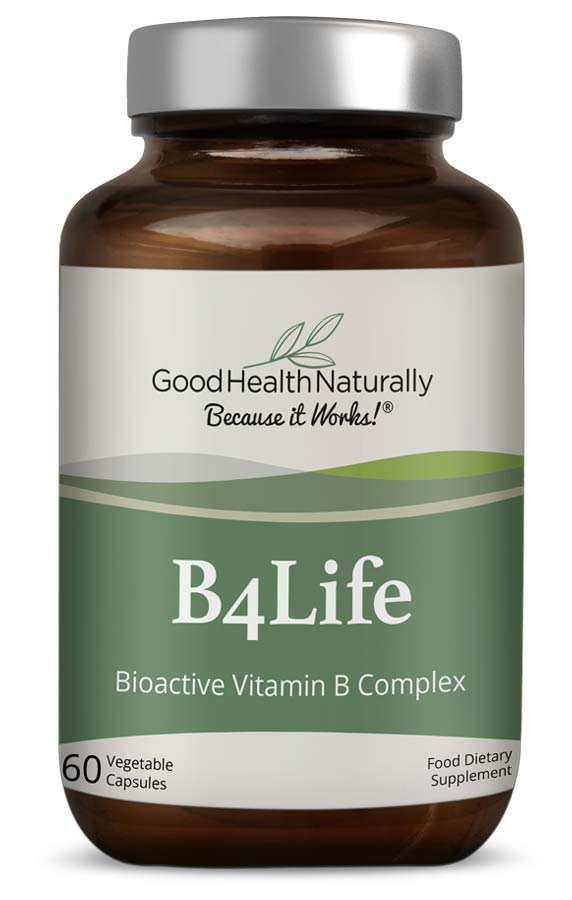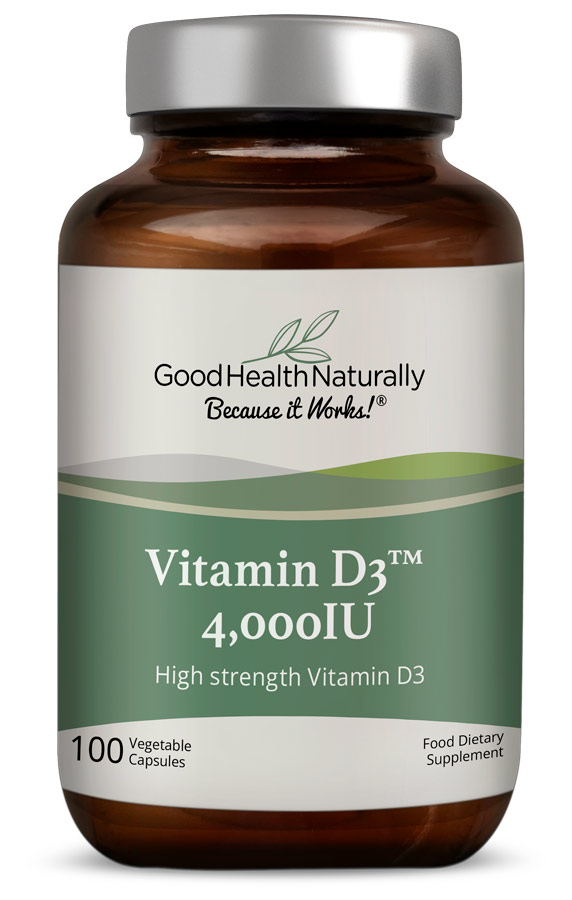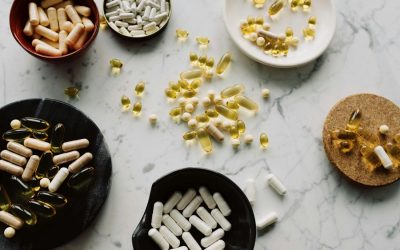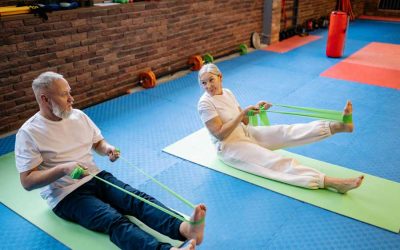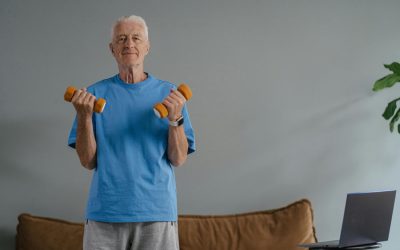Do the cold winter days and dark nights fill you with dread? If so, you may suffer from seasonal affective (SAD). It is a form of depression which occurs during the Autumn and Winter months. It tends to affect more women than men and is more common in people with other mental disorders like ADHD, anxiety or bipolar. Symptoms may include persistent low mood, loss of interest in activities once enjoyed, weight gain, poor concentration and changes in sleep patterns. All of these can have a significant impact on quality of life.
While the exact cause is not fully understood, it is believed limited daylight may be to blame. Lack of natural light can disrupt the body’s internal clock (circadian rhythm) and affect neurotransmitters like serotonin and melatonin. However, once you understand the condition, plenty can be done to ease SAD naturally.
A Dietary Approach
A balanced diet is always a good place to start to support overall well-being and potentially ease symptoms of SAD. It is important to include plenty of natural foods like fruit, vegetables, whole grains, lean proteins and healthy fats to ensure you get all the essential nutrients you need to support brain health and mood. Incorporate as many different coloured fruits and vegetables as possible, like orange root vegetables, leafy greens, red peppers and purple cabbage. Choose whole grains such as oats, quinoa, buckwheat and brown rice to help sustain energy and stabilise blood sugars. Lean proteins like chicken, fish, legumes and tofu will also help maintain steady energy levels. Avoid highly processed foods and sugars, which can lead to fluctuations in blood sugar levels and may contribute to mood swings.
Get Outside Every Day
While it is tempting to stay indoors, pushing yourself to get out every day, even if it is just for 10 minutes, is essential. Exposure to natural light helps support a healthy circadian rhythm, and breathing in fresh air is great for boosting energy levels. Go for a walk during lunch breaks, and make the most of being outside on sunny or dry days. If the weather really is too harsh to leave the house or office, try to maximise daylight exposure by sitting near windows to help ease SAD naturally.
Mind Your Sleep
Staying consistent with your sleep patterns is a great way to help regulate your internal clock and ease SAD naturally. Aim for seven to nine hours a night and keep to a regular sleep and wake schedule. The dark evenings can actually help support the body in producing the sleep hormone melatonin. But beware because artificial light, especially from electronic gadgets, can interrupt melatonin production. So, limit the use of computers and phones in the evening, which give off a sleep-disrupting blue light. If you do need to use them, switch them to night-time settings or wear blue light-blocking glasses
Light Therapy
With the knowledge that decreased daylight may trigger SAD, using lights which mimic natural sunlight may help ease SAD naturally. Light boxes can be purchased which emit full spectrum light similar in composition to sunlight. To relieve symptoms of SAD, it is generally recommended that you sit in front of it every morning for 20 to 30 minutes from autumn onwards.
Stay Connected
Social support is crucial for managing depression and may ease SAD naturally. Stay in touch with friends and family, even if you don’t feel like it. Sign up for a night class or join an indoor exercise class. Plan regular meet-ups, organise winter trips to the cinema or make the most of the better weather days with outdoor walks.
Vitamin D
Vitamin D is often called the ‘sunshine vitamin’ because it is synthesised in the skin in response to sunlight. During the winter, when sunlight is limited, vitamin D deficiency can become more common. Low levels are associated with mood disorders, including SAD. From November through to February, most people living in northern Europe are not able to synthesise Vitamin D. Supplementing with Vitamin D before winter darkness sets in may help ease symptoms of SAD naturally.
Zinc
This is a mineral which should not be overlooked during the winter months. Not only is it vital for immune function, but it is also essential for mood and may even help ease SAD naturally. A deficiency has been linked to depression, increased anxiety and irritability. The mineral plays a crucial role in neurotransmitter function and is involved in the synthesis and regulation of serotonin and dopamine, which are known to influence mood. While the connection between zinc and SAD is less well-documented compared to general depression, the underlying mechanisms may be similar. It can be found in various foods, including pumpkin seeds, eggs, chickpeas, cashew nuts, oysters and crab.
Vitamin B12
While all B vitamins are important, vitamin B12 is vital for maintaining healthy mood and cognitive function. Low levels have been associated with SAD and other depressive symptoms such as fatigue, brain fog and low mood. It is involved in producing neurotransmitters and myelin, the protective sheath around nerves. A deficiency can impair these functions, leading to mood disturbances and cognitive issues. Symptoms of SAD, such as fatigue and low energy, can sometimes be exacerbated by vitamin B12 deficiency. Ensuring adequate B12 levels might help alleviate some of these symptoms, although it is not a standalone treatment for SAD. Eggs, offal and red meats are some of the best sources. Those following a vegan or vegetarian diet should consider supplementing, as very little is found in plant-based foods.
Conclusion
Seasonal Affective Disorder can be challenging, but with a proactive approach involving supplements, dietary changes and lifestyle modifications, it is possible to beat the winter blues and ease SAD naturally.
Product Recommendations
References
https://www.ncbi.nlm.nih.gov/pmc/articles/PMC4673349/https://www.nimh.nih.gov/health/publications/seasonal-affective-disorder
https://www.ncbi.nlm.nih.gov/pmc/articles/PMC6032242/
https://www.jneuropsychiatry.org/peer-review/the-role-of-zinc-in-mood-disorders.html
https://pubmed.ncbi.nlm.nih.gov/29385721/
https://www.researchgate.net/publication/231222833_A_study_on_evalution_of_antidepressant_effect_of_imipramine_adjunct_with_Aswagandha_and_Bramhi


